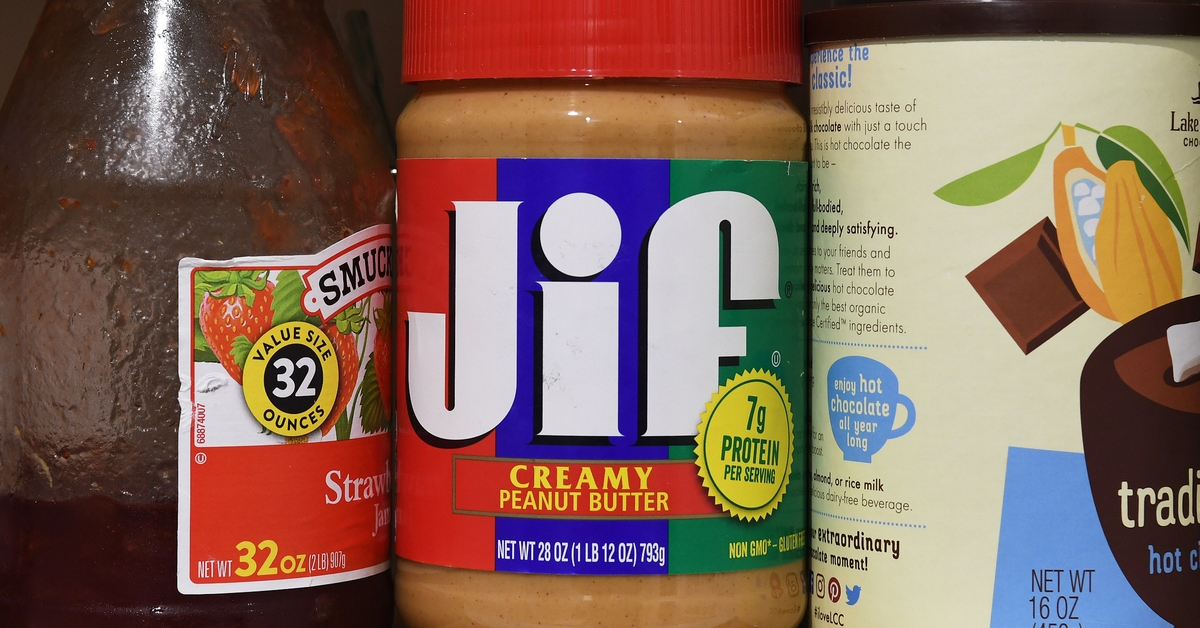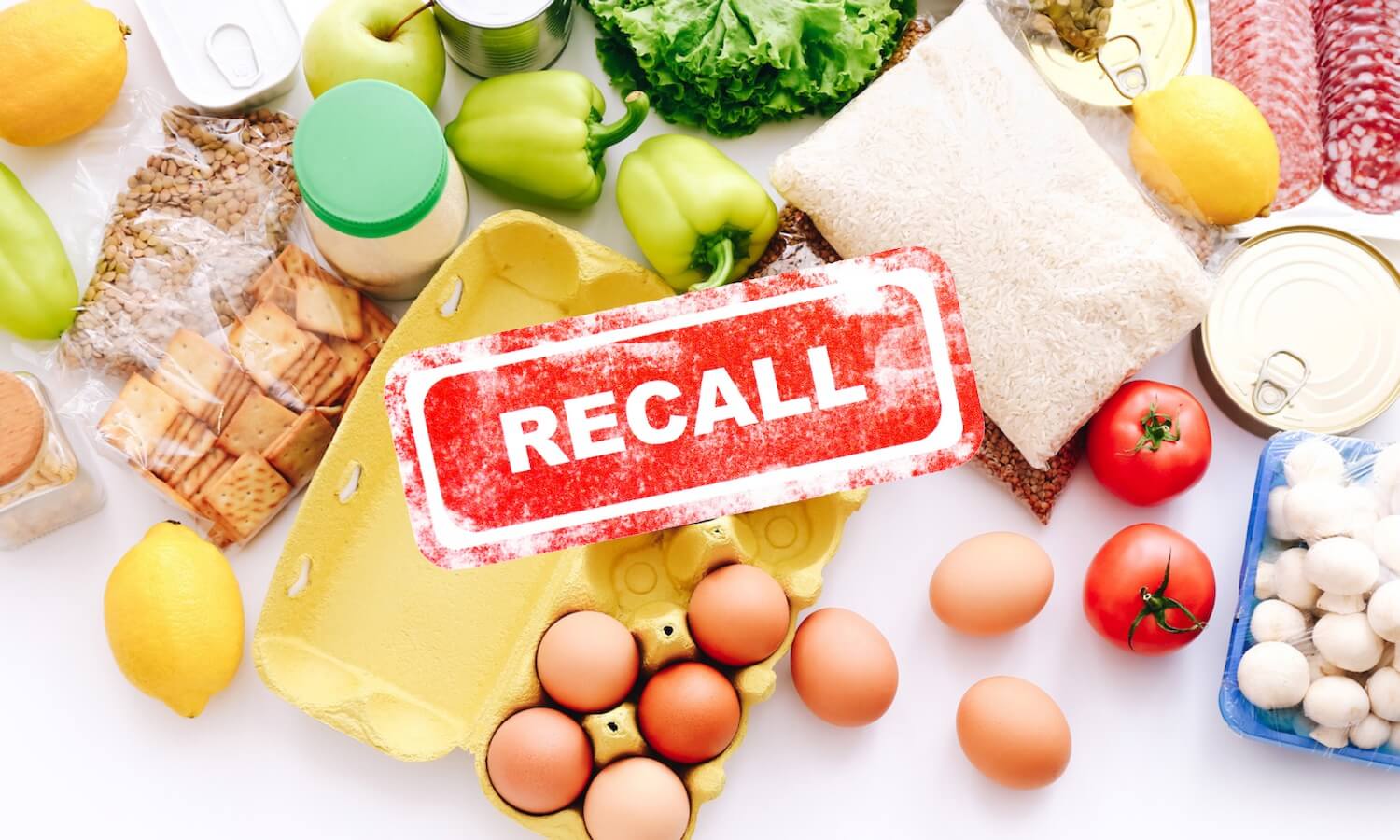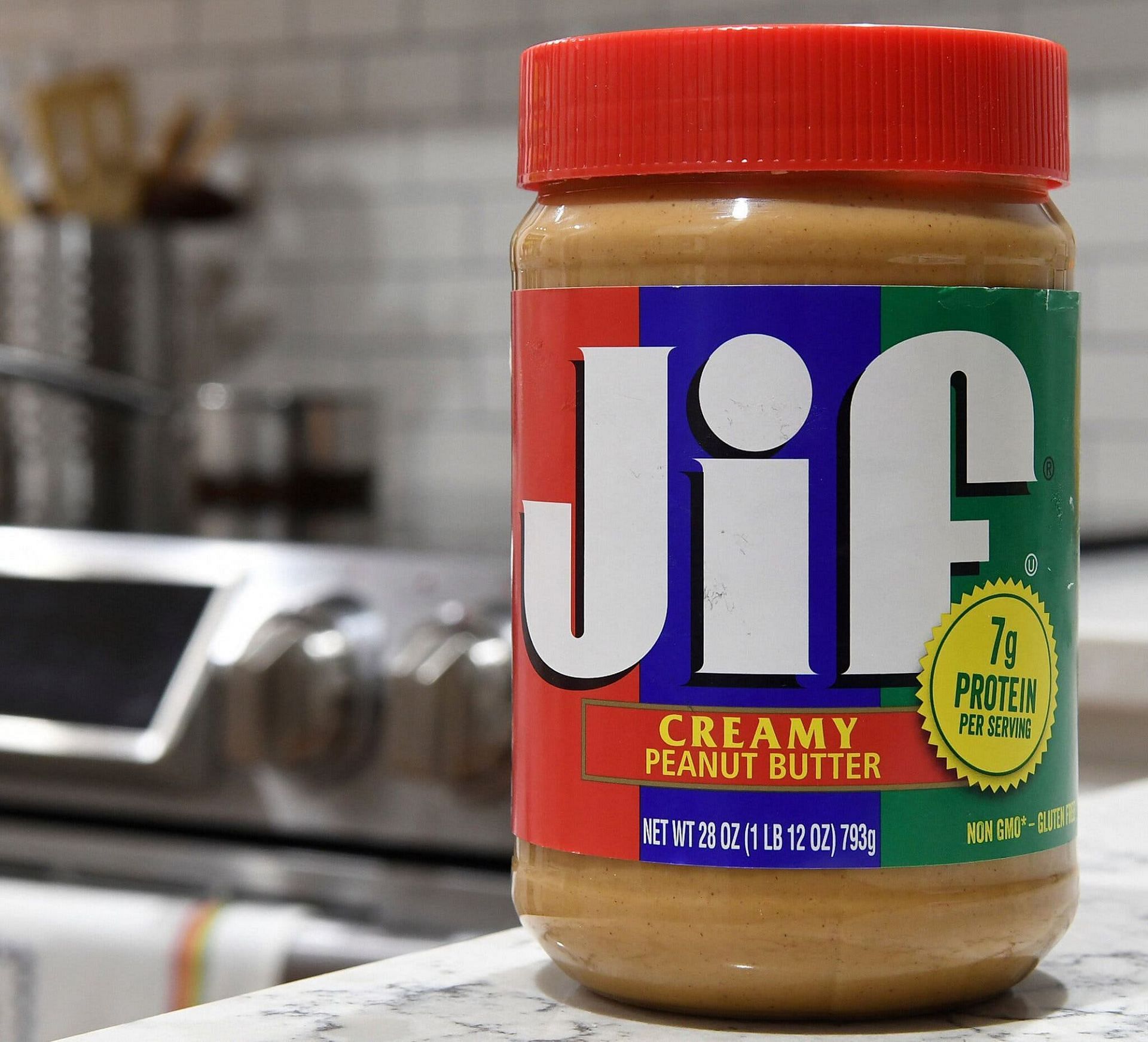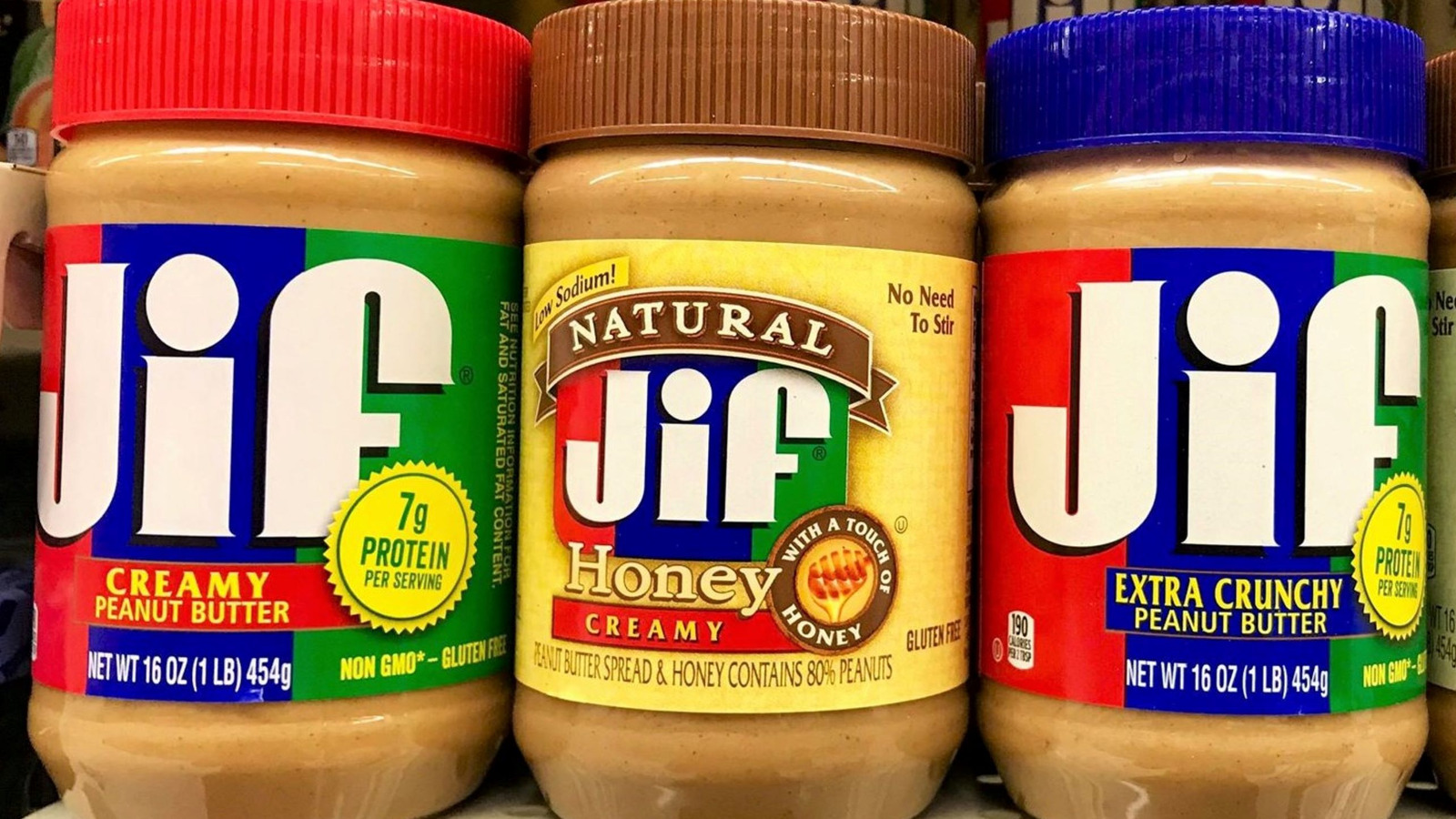Table of Contents
- Peanut butter brands recalled at PnP
- Peanut Butter Recall 2025 List - Alexandra Allan
- Kirkland Butter Reviews: Unveiling the Creamy Truth!
- Nearly 80,000 Pounds of Butter Recalled for Unbelievable Reason
- Here's How Much The Peanut Butter Recall May Have Cost J.M. Smucker
- Jif Peanut Butter Recall 2024 List - Tatum Gabriela
- RECALL: Some Jif Peanut Butter Recalled After Illnesses Reported ...
- Jiffy Peanut Butter Recall 2024 Recall - Dynah Christye
- Almond Butter Recalled From Trader Joe’s and Whole Foods Due to ...
- Is Jif Peanut Butter Safe For Dogs
:max_bytes(150000):strip_icc()/Jif-Peanut-Butter-Recall-FT-BLOG0522-1435de42796846dbb2d41ae55bea2b3c.jpg)


The Recall: What Happened?



Health Risks: What You Need to Know
:max_bytes(150000):strip_icc()/JIF-Peanut-Butter-Recall-6b7fb799209d45dbb33245859da740f5.png)
:max_bytes(150000):strip_icc()/Kerrygold-vs-Kirkland-butter-b0e88ff1c5f045b0a5a3b770c974b158.jpg)
Cause of Contamination: Investigating the Source
The investigation into the contaminated butter is ongoing, but experts point to several possible causes. Poor sanitation and hygiene practices during the manufacturing process, inadequate testing protocols, and insufficient quality control measures are all potential contributing factors. The use of contaminated water or equipment, as well as the presence of animals in proximity to the production area, may also have played a role.
Prevention is Key: Ensuring Safe Dairy Products
To prevent similar incidents in the future, dairy manufacturers must prioritize strict quality control and sanitation protocols. This includes regular testing for contaminants, proper equipment maintenance, and adherence to good manufacturing practices (GMPs). Additionally, regulatory agencies must enforce stringent standards and conduct regular inspections to ensure compliance.
What This Means for Consumers
The recall of contaminated butter serves as a reminder of the importance of food safety and the need for vigilance in the dairy industry. Consumers can take steps to protect themselves by: Checking the recall list and returning any affected products Verifying the authenticity and quality of dairy products Supporting manufacturers that prioritize quality control and transparency Reporting any concerns or suspicious products to regulatory agencies The recall of butter due to elevated levels of fecal matter is a wake-up call for the dairy industry and consumers alike. While the incident is unsettling, it highlights the importance of robust quality control measures and strict sanitation protocols. By understanding the risks and taking proactive steps, we can work towards a safer and healthier food supply. As consumers, we must remain informed and vigilant, demanding the highest standards from manufacturers and regulatory agencies. Only through collective effort can we ensure the integrity of our food and protect public health.Keywords: butter recall, fecal matter, food safety, dairy industry, contamination, health risks, quality control, sanitation protocols.